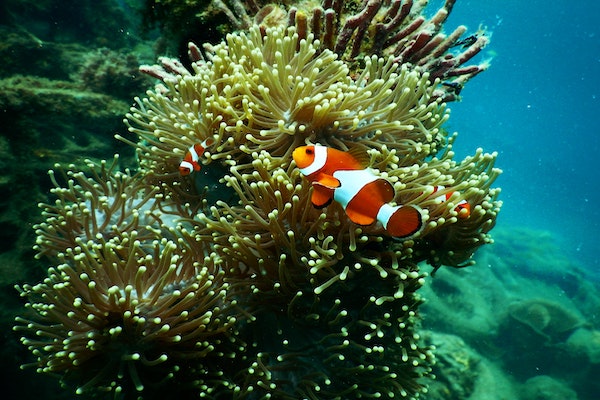Category : Marine Life | Location : International | Posted on 2021-04-13 00:29:11

Thuwal: The findings of a new study sheds light on the need to reduce human noises in water bodies, suggesting that humans have altered the ocean soundscape by drowning out natural noises upon which many marine animals ranging from shrimp to sharks, rely on.
Sound travels fast and far in water, and sea creatures use sound to communicate, navigate, hunt, hide and mate.
Since the industrial revolution, humans have introduced their own underwater cacophony from shipping vessels, seismic surveys searching for oil and gas, sonar mapping of the ocean floor, coastal construction, and wind farms. Global warming could further alter the ocean soundscape as the melting Arctic opens up more shipping routes and wind and rainfall patterns change.
Yet noise has been conspicuously absent from global assessments of ocean health.
A team led by Carlos Duarte, a distinguished professor at KAUST, trawled more than 10,000 papers and extracted the most rigorous quantitative studies of how noise affects marine animals.
“We were stunned by the contrast between the wealth of evidence and the general neglect of the problem in scientific debates and policymaking,” says Duarte.
Of the 538 carefully chosen papers, 90 per cent revealed significant impacts of human sounds on marine mammals, while 80 percent identified effects on fish and invertebrates, such as jellyfish. “But there’s still a gap in our understanding of the impacts on diving birds and sea turtles,” adds Duarte.
The researchers highlight ways to alleviate anthropogenic noise, such as reducing shipping speeds, fitting boats with quieter propellers and using floating wind turbines.
SOURCE : https://telanganatoday.com/study-suggests-human-noises-are-altering-marine-life